
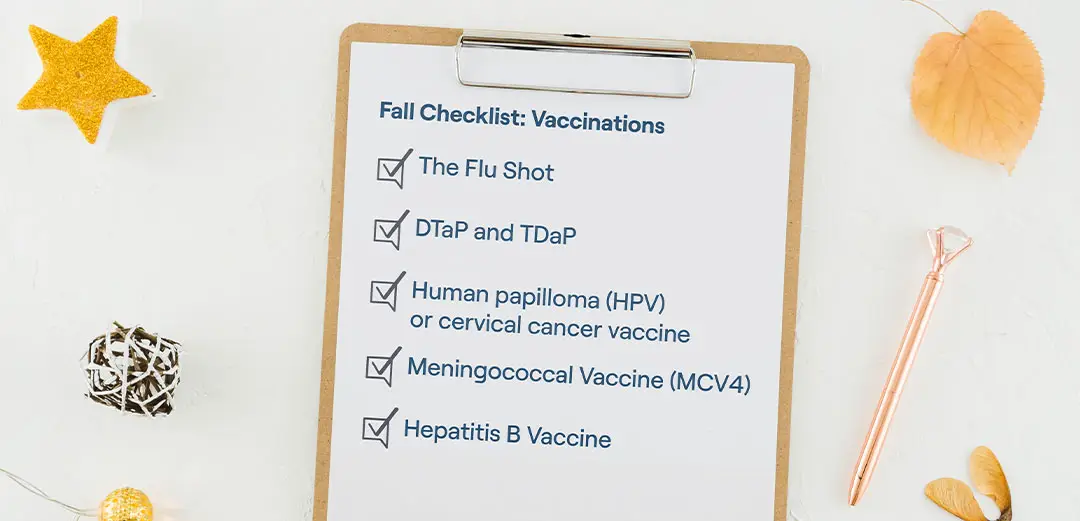
As summer ends, it’s time to think about how to prepare for the upcoming fall and winter. It’s more important than ever to ensure you’re up to date on your vaccines, so you’re protected against contagious infections. However, there is often confusion on which vaccine to get, the best time to get it, and its benefits.
If you’ve ever questioned which vaccine to get and when to get it, keep reading!

A flu shot, also called the influenza vaccine, protects against flu for about six months. Influenza is a respiratory illness that can have dangerous side effects, especially in young children and the elderly. Getting a flu shot early fall will protect you and those around you, especially those who are vulnerable.
The best time to get a flu shot is before the virus spreads in the community – Usually between September or October every year.
While we encourage everyone to receive the flu shot every year, those with severe allergies to any flu vaccine ingredients and those with a severe allergic reaction after receiving a flu shot should consult their medical provider before getting the vaccine.
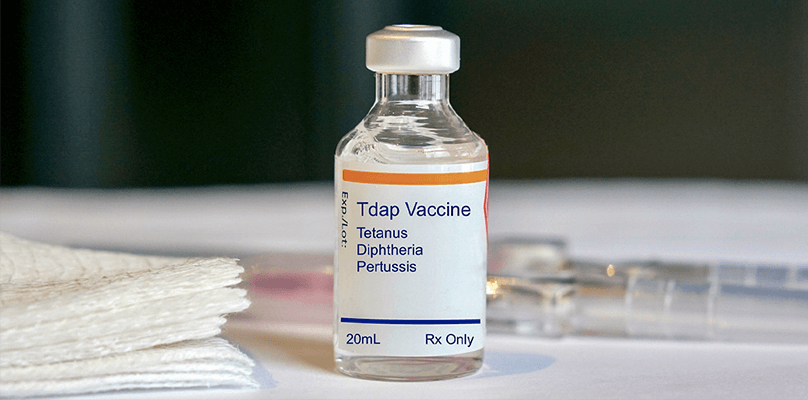
The diphtheria tetanus acellular pertussis vaccine (DtaP) is an immunization agent to protect against infection caused by tetanus, diphtheria, and pertussis. In addition, everyone older than seven should get a tetanus-diphtheria acellular pertussis vaccine (Tdap) to boost the immune system.
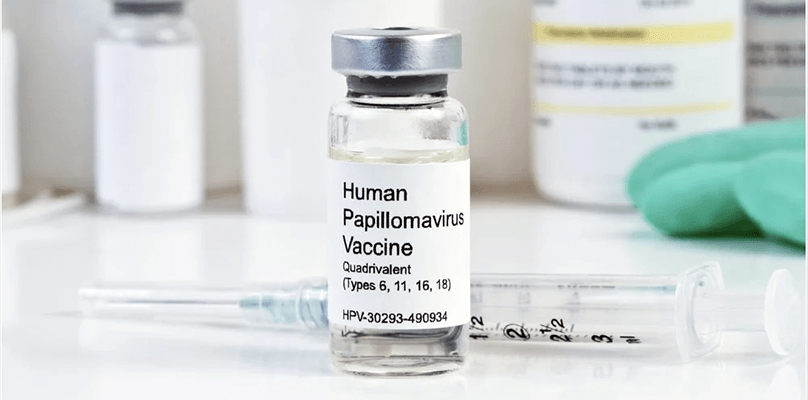
The administration of the human papillomavirus vaccine usually starts from the age of nine. However, it’s recommended for all preteens and some adults because it protects against infections that can cause cancer in the future. The vaccine has three doses and is given over six months. Therefore, following the dosing schedule is essential for the best results.
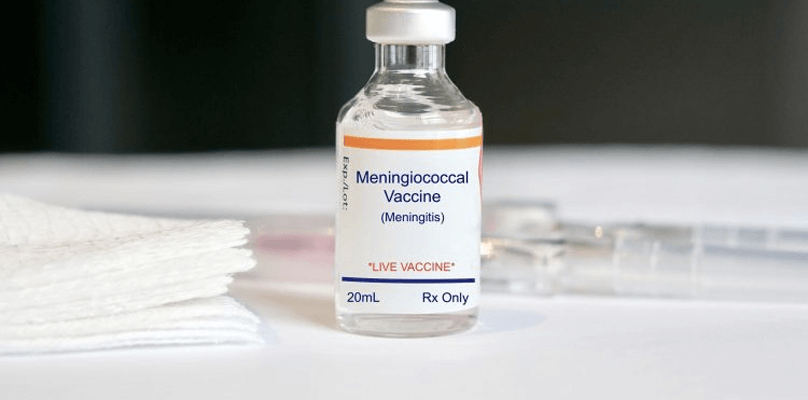
You should receive your first dose of the Meningococcal Vaccine at 11-12 years old to protect against diseases caused by Neisseria meningitidis bacteria.
There are two forms of Meningococcal Vaccine, the Meningococcal conjugate vaccine for the 11-12 years age group and serogroup B Meningococcal, the booster dose for teens and adults from the 16-23 years age group.
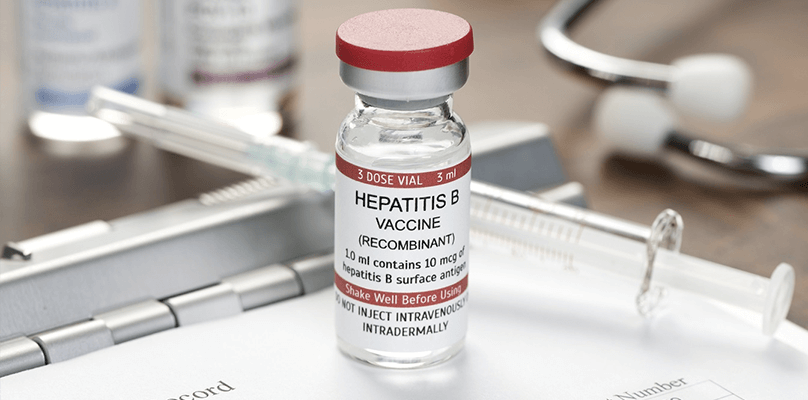
The Hepatitis B vaccine is recommended for children from infants to 18 years of age and adults. It protects against liver cancer from occurring later in life.
We understand it can be confusing to know which vaccines you need to stay healthy and thriving. So if you’re in the Long Island, New York area and want to get on track with vaccines, call us at (631) 482-9880 or schedule a consultation online.